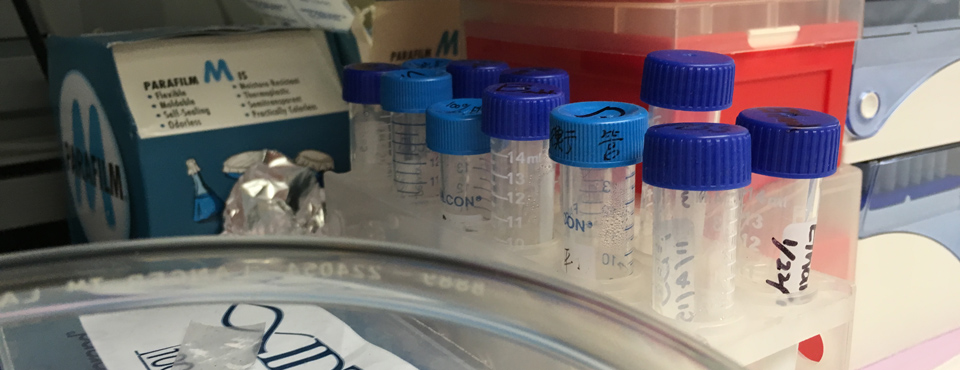How Veterinary Diagnostics Safeguard Pet Health
How Veterinary Diagnostics Safeguard Pet Health
Blog Article
The health of pets is a top priority, and maintaining their vitality starts with health checks. Animal diagnostic centers are pillars of modern pet care in preventing diseases for our four-legged friends.
In this guide, we’ll discuss the importance of veterinary labs and review key diagnostic services.
How Do Veterinary Laboratories Work?
Diagnostic labs for pets support veterinary care for analyzing health markers. They provide critical insights to make accurate diagnoses.

Typical procedures usually includes:
- Collecting pet health data: Biological materials are sent to the lab.
- In-depth testing: State-of-the-art processes deliver diagnostic insights.
- Reporting outcomes: Information helps manage health for targeted interventions.
Essential Tests in Veterinary Labs
Veterinary labs offer many tests to prevent serious conditions. Frequently used procedures include:
- Complete blood counts (CBC): Monitor immune responses.
- Bladder and kidney checks: Evaluate kidney function.
- Parasite checks: Identify digestive disorders.
- Allergy testing: Diagnose food or environmental allergies.
- Structural health assessments: Evaluate bone and joint health.
laboratórios veterinarios
Why Diagnostic Exams Are Essential
Frequent health checks helps catch problems early. By identifying issues early, vets can provide better care.

Why diagnostics matter include:
- Proactive care: Recovery chances improve.
- Saving on future treatments: Emergency costs are avoided.
- Trust in their well-being: Stay ahead of potential issues.
laboratorio de analises clinicas veterinaria
The Value of Diagnostics for Pet Owners
Veterinary labs ensure pets get the best care possible. By scheduling routine tests, you give them the care they deserve.
Start their journey to better health today and help them live their best lives!
Report this page